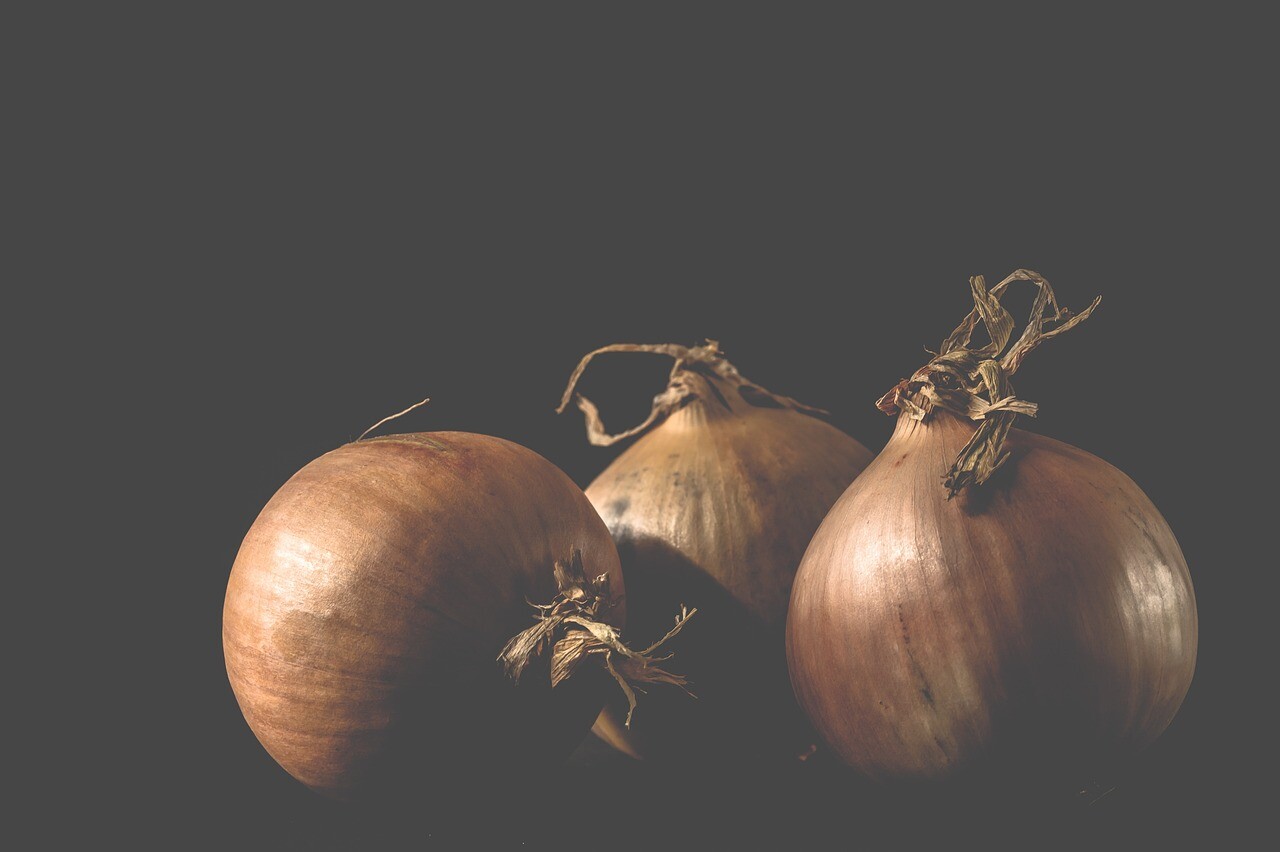Within the very potential case you’re not conscious, there’s a wholesome apply of investing within the futures of commodities, particularly amongst farmers. Commodities, which could be something from oil to corn to sugar, have costs that fluctuate together with extra speculative items. As such, you too can put money into their futures. For instance, wagering on an upcoming crash within the value of espresso. Farmers usually use it as a type of hedging, in order that in case the value of no matter they’re rising takes a nosedive, they’ll be saved by their aspect funding on the value of simply such a market collapse.
That’s all a bit additional into the weeds, than we have to go right here, nonetheless. What I wish to discuss is one esoteric bit of knowledge inside this better little bit of area of interest data, and why it’s true. That’s the truth that there may be solely a single commodity banned from futures buying and selling: onions. To this present day, within the U.S., should you’d wish to commerce in onion futures, it stays unlawful. This all because of the grasp plan of a single man named Vincent Kosuga.
Kosuga was a farmer who grew, amongst different issues, onions. In 1955, he cooked up a plan, nay, a scheme, that appeared on its face each unattainable and silly. He was going to create a monopoly by buying each onion within the nation. He instantly began shopping for each onion that was supplied on the market and storing them alongside together with his personal onion harvests.
Earlier than I learn this story, I assumed that attempting to think about the variety of onions grown within the U.S. was about as possible as imagining what number of grains of sand exist on a seashore. However it seems, not less than in 1955, I used to be incorrect. As a result of Kosuga achieved his objective, and the digital entirety of each commercially out there onion within the U.S. wasn’t simply possible, all of them slot in a large shed behind Kosuga’s home.
Inside a yr, the onion buyout was full. Kosuga, having fully cornered the market on onions, was now free to determine what an onion was value. Unsurprisingly, he determined that onions had been very precious. Confronted with the choice of “no onions,” folks paid up regardless. It was an especially good time to be promoting onions, and Kosuga was the one one with any onions to promote, that means he was rolling in smelly onion cash.

Now, if he’d stopped there, he nonetheless would have executed some of the profitable (and weirdest) market manipulations in historical past. He would even have been left with a shit-ton of rotting onions. This, nonetheless, was merely part one in every of Kosuga’s grasp plan. Keep in mind these future markets? Nicely, Kosuga started to speculate closely in onion futures, particularly, betting that the value of onions was about to backside out.
As soon as his place was secured, he opened the floodgates. Think about The Shining scene with the blood pouring from the elevators, and now exchange that blood with all the nation’s provide of onions, loosed onto the market in a single nice heave.
With an elementary understanding of provide and demand, you possibly can predict what occurred subsequent. Out of the blue, there have been extra onions than anybody might ever want, and the value adjusted accordingly. Merchants had been flush with so many onions that they couldn’t give them away. They ended dumping a bunch of those just lately golden onions within the Chicago River like they had been Irish mob our bodies.
Kosuga, in the meantime, made financial institution for the second time in as many months. His last take? $8.5 million in 1955 {dollars}, which might be virtually $97 million in the present day.
In 1958, their hand pressured by Vincent Kosuga, the Onion King, Congress handed the “Onion Futures Act,” and trades on onion futures have been banned ever since.

